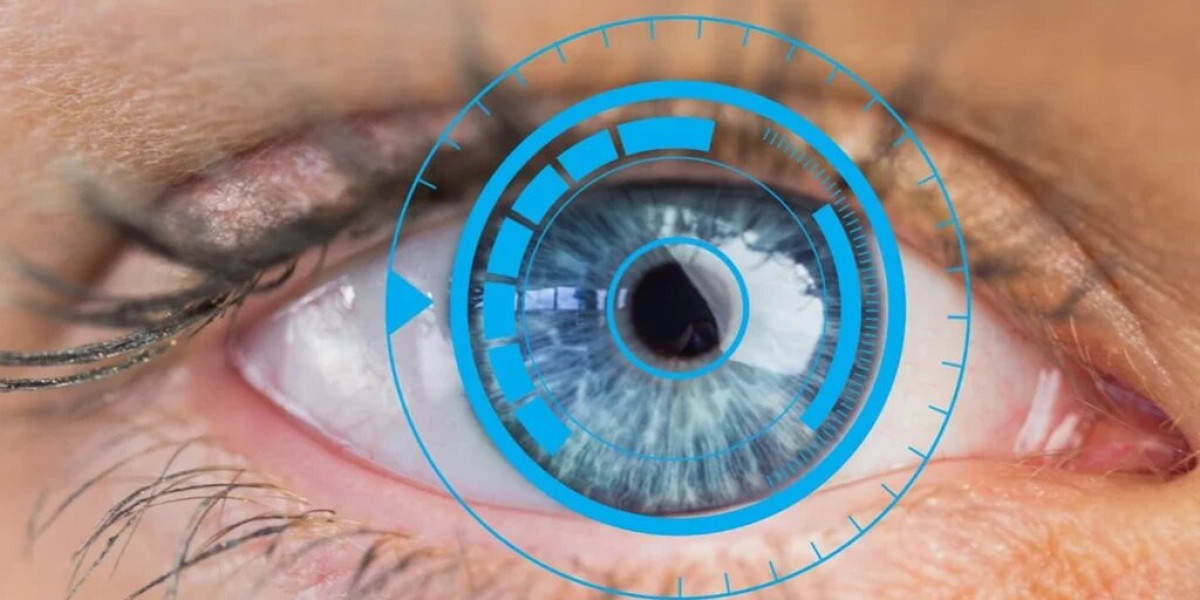Understanding Macular Hole and Its Impact on Vision
A macular hole is a small break in the macula, the central part of the retina responsible for sharp, detailed vision. This condition affects daily activities such as reading, driving, and recognizing faces. Left untreated, it can lead to severe vision loss. Macular hole surgery is the only effective treatment to restore vision and prevent further deterioration.
What Causes a Macular Hole?
Aging is the primary cause of macular holes, often occurring in people over 60. The vitreous, a gel-like substance in the eye, shrinks and pulls away from the retina, creating tension that forms a hole. Other causes include eye injuries, high myopia, and diabetic eye diseases. Early detection through regular eye exams is essential for timely intervention.
Symptoms Indicating the Need for Macular Hole Surgery
Blurred or distorted central vision
Straight lines appearing wavy or bent
Difficulty reading or recognizing faces
A dark or missing spot in the center of vision
If you notice these symptoms, consulting an eye specialist is crucial to determine the severity of the condition and discuss treatment options.
How is Macular Hole Diagnosed?
An ophthalmologist uses optical coherence tomography (OCT) to obtain detailed images of the retina. This non-invasive test helps detect the size and stage of the macular hole, guiding the decision on whether surgery is needed.
The Macular Hole Surgery Procedure
Macular hole surgery, known as vitrectomy, is performed under local or general anesthesia. The procedure involves:
Removing the vitreous gel to relieve tension on the retina
Injecting a gas or air bubble into the eye to close the hole
Allowing the macula to heal as the bubble gradually dissolves
The surgery typically takes less than an hour and is performed as a day-care procedure.
What to Expect After Macular Hole Surgery
Recovery is crucial for the success of the surgery. Patients may need to maintain a face-down position for a few days to ensure the bubble remains in place. Vision gradually improves over several weeks to months. Regular follow-ups with the ophthalmologist help monitor healing and detect any complications.
Post-Surgery Care and Recovery Tips
Maintain a face-down position as advised by the doctor
Avoid air travel until the gas bubble dissolves completely
Use prescribed eye drops to prevent infection and inflammation
Protect the eye from bright light and dust
Follow a balanced diet rich in antioxidants to support eye health
Adhering to these guidelines enhances recovery and ensures the best surgical outcome.
Success Rate and Risks of Macular Hole Surgery
Macular hole surgery has a high success rate, with about 90% of patients experiencing significant vision improvement. However, some risks include infection, retinal detachment, or cataract formation. Choosing an experienced eye surgeon minimizes these risks and enhances recovery.
Choosing the Right Eye Hospital for Macular Hole Surgery
Finding a specialized eye hospital ensures the best treatment outcomes. Look for:
Experienced retinal specialists with a proven track record
Advanced diagnostic and surgical equipment
Comprehensive post-operative care and follow-up
Positive patient reviews and success stories
Selecting a super-specialty eye hospital like Maxi Vision ensures expert care, cutting-edge technology, and personalized treatment plans for macular hole surgery.
Conclusion
Macular hole surgery is a highly effective procedure that restores central vision and improves quality of life. Early diagnosis, skilled surgical intervention, and proper post-operative care play a crucial role in successful recovery. Choosing a reputed eye hospital like Maxi Vision Eye Hospital, known for its excellence in retinal care, ensures the best possible outcomes. Regular eye check-ups and timely medical attention can help safeguard your vision for years to come.








